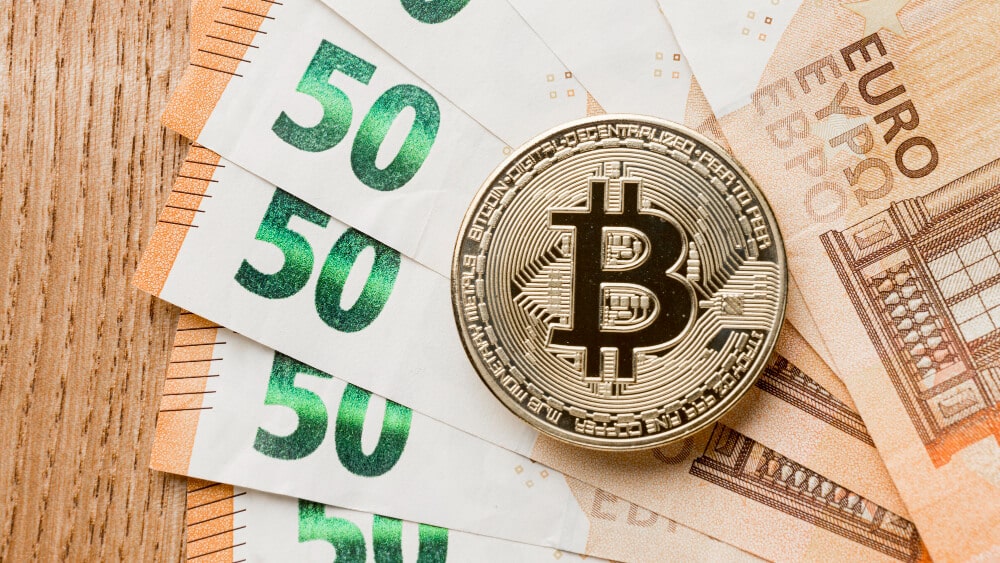The news:
- The Securities Exchange Commission of Nigeria (SEC) has proposed an amendment to the rules guiding platforms that offer crypto services.
- The Commission has proposed increasing the registration fee for crypto exchanges from ₦30 million ($18,620) to ₦150 million ($93,000).
- It said the proposed changes were made to provide clarity and incorporate suggestions from industry stakeholders, “particularly with regard to the recent engagements with the CBN.”
The SEC first issued rules and guidelines for all crypto and digital asset service providers in May, however, it proposed an amendment to the rules on Friday, March 15, 2024.
One of the proposed changes is the name of the rules and guidelines. Called the New Rules on Issuance, Offering Platforms and Custody of Digital Assets, it is proposing a change to Rules on Digital Assets Issuance, Offering Platforms, Exchange and Custody.
However, one of the bigger changes it proposes is changing the registration fees paid by crypto exchanges and other platforms that offer crypto and digital services in Nigeria.
Identified as virtual asset service providers (VASPs) by the SEC, companies that want to offer crypto-related services to Nigerians now have different rules and fees.
Digital asset exchanges also crypto exchanges (DAX) digital asset offering platforms (DAOP), and digital asset custodians (DAC), will now pay a filing/application fee of ₦300,000 ($186) instead of ₦100,000.
The processing fee which was initially ₦300,000 is now ₦1 million ($620). The registration fee got a 400% increase, going from ₦30 million to ₦150 million.
The SEC said these changes are proposed to provide clarity and reflect suggestions made by industry stakeholders. It, however, revealed that it is also based on its recent engagement with the Central Bank of Nigeria (CBN).
Interestingly, the CBN just increased the licencing fee for international money transfer operators, (IMTOs) from ₦500,00 to ₦10 million.
And while the SEC says the changes were proposed to incorporate suggestions by industry stakeholders, some of them already decried the ₦500 million paid-up capital, saying the exorbitant fee would only benefit foreign companies and shortchange local players.










